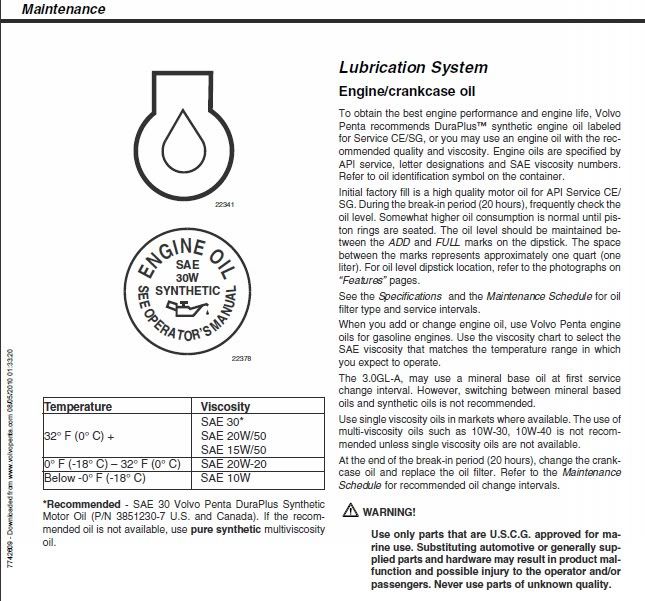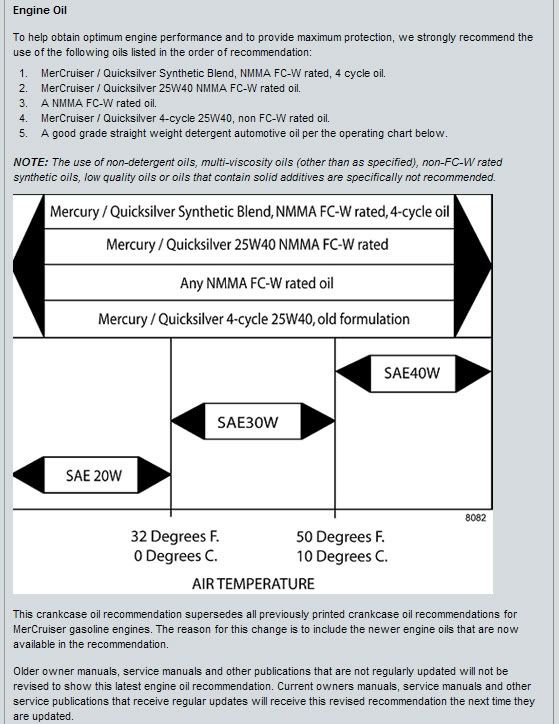Bluestream
Petty Officer 1st Class
- Joined
- Sep 28, 2010
- Messages
- 299
Re: Sae 40
There is no SAE or any other credible automotive research to prove that synthetic oil will give better mileage. The article you linked to has several inaccuracies. Mostly the test they did was not done using scientific controls and has no validity at all. Only a test done in laboratory conditions would yield real data, and there has never been a test done that gave results that synthetic oil gave any better mileage. If that were true, then friction would have to be less than with conventional oil and it is not. Also, the author of that article has no clue what synthetic oil is made from. It is basically a group I or Group II conventional base stock that has bee refined to a higher level. Contrary to popular belief, synthetic oil is not made in a lab by mixing chemicals in a test tubes.
Quote some primary research to back up your point, and not some guys doing there own back yard test for a magazine.
I can.
I get better mileage (1 mpg increase over conventional which adds up considering I commute 415 miles each week). My engines have 0 deposits in them even running at 7-10K oil change intervals. All those engine builders who pick up 5-10hp switching from mineral oil to full synthetic tend to agree that you gain power.
http://www.hotrod.com/techarticles/synthetic_vs_mineral_motor_oil/index.html
There is no SAE or any other credible automotive research to prove that synthetic oil will give better mileage. The article you linked to has several inaccuracies. Mostly the test they did was not done using scientific controls and has no validity at all. Only a test done in laboratory conditions would yield real data, and there has never been a test done that gave results that synthetic oil gave any better mileage. If that were true, then friction would have to be less than with conventional oil and it is not. Also, the author of that article has no clue what synthetic oil is made from. It is basically a group I or Group II conventional base stock that has bee refined to a higher level. Contrary to popular belief, synthetic oil is not made in a lab by mixing chemicals in a test tubes.
Quote some primary research to back up your point, and not some guys doing there own back yard test for a magazine.





















